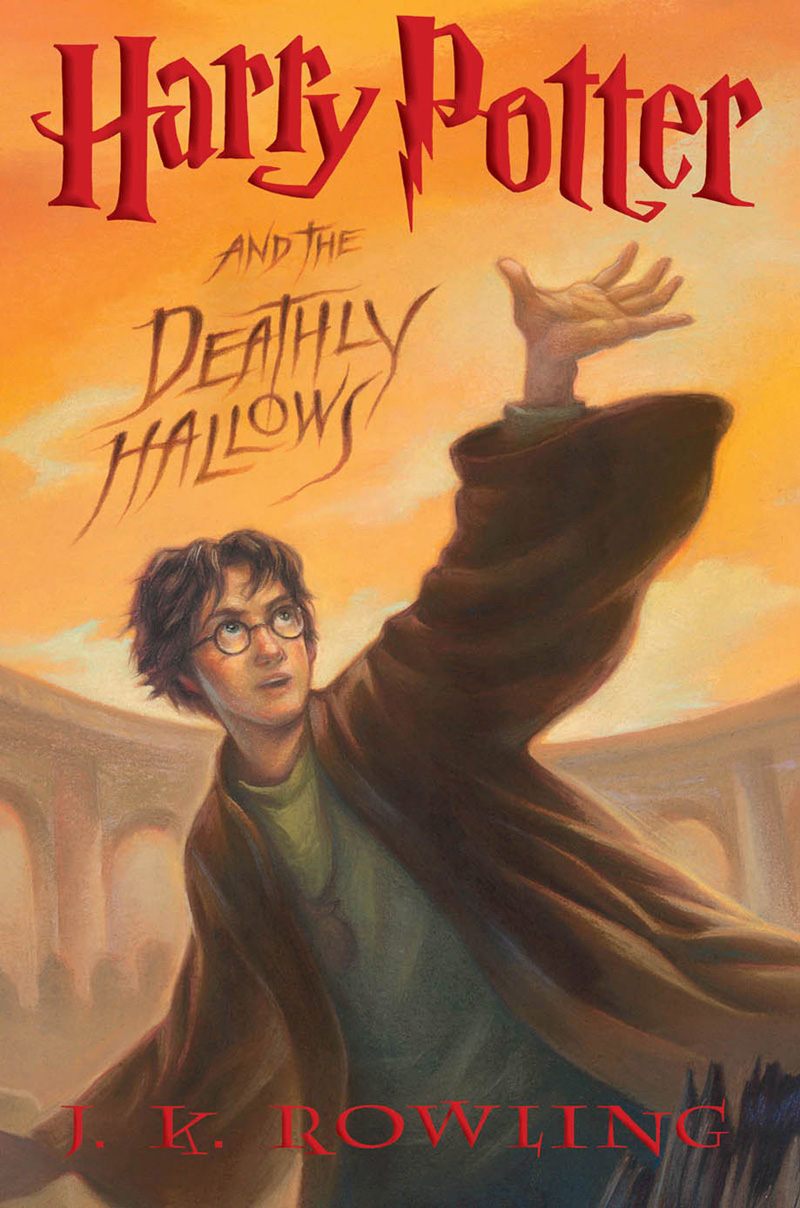Sometimes I can’t reconcile myself to Tolstoy’s optimistic view of humanity. At one point, Nekhlyudov comes to the conclusion that most people “have become bad only because of their office,” (449). I don’t know whether Tolstoy actually believes this, whether he wishes it were the truth, whether he’s just portraying Nekhlyudov as an optimist or a naïf, but sometimes it really bothers me! He says that, then shows umpteen examples of people treating others cruelly and inhumanely, and there is always a reason why they can’t feel compassion; they’re annoyed at dumb bureaucratic things like tedious paperwork, or they’re hot, or they had a fight with their wife. As much as I am enjoying this novel and think that Tolstoy is wonderful, I think he’s guilty of some rationalization himself. I’m sure his optimistic view of humanity makes him want to give rational explanations for peoples’ motivations at behaving cruelly, but I don’t think there always is a rational explanation, unfortunately.
Maybe Tolstoy is reacting to more pessimistic writers like Zola, and maybe it was just the trend of the time period he was writing in to try to discover and attribute psychological motives for all kinds of behavior because of the emergence of psychology, sociology, and anthropology. I haven’t read any of his other works, but it seems to me as I read this section that he is either naïve or doesn’t want to address the fact that sometimes people are cruel simply because they can be. The prison guards are always treating prisoners badly because they (the guards) are in a bad mood or don’t want to be bothered, but never because they are power-hungry or simply cruel. I know the point is that this system dehumanizes not only the prisoners, but everyone involved in the system, from guards to magistrates to cabinet members. I know he doesn’t think these are good excuses for treating others badly, but it’s like he’s saying that nobody would be this way if they didn’t work somewhere that dehumanized them and others, and I don’t believe that. I think people often seek those jobs because they already have a disregard for other humans and because they are compelled by self-interest and want to wield power over others.
I think it would be more realistic for me if, just once, a character would show up whose cruelty wasn’t explained in some way, or is explained thus, “he was cruel simply because he could get away with it/it made him feel powerful.” Maybe it sounds crazy, but I need that in order to make it fit better into my worldview. I don’t believe that all people are good at heart but have lost their way because they let self-interest guide them. Perhaps I’m too influenced by postmodern, nihilistic novels and films, but I think that part of the reason people would choose jobs like prison guard to begin with is because they need to feel powerful and they like pushing people around (I’ve met some ex-wives of cops who would agree).
I know many people take or stay at jobs they are not particularly well-suited for because they need the money or it’s convenient, (me included), but I also know that people like jobs where they get to exert power or control over people. For example, I work in a finance office. Our office collections rep loves to talk about how if people don’t shape up, he’ll repossess their cars. Every other male who comes within sniffing distance of our building asks my boss if they can help him repossess something. I’m sure that the excitement and adrenaline rush of the thing is very alluring, but I’m also sure part of that adrenaline rush is the feeling of power one gets from taking someone’s car from them. The whole thing makes me uncomfortable.
I did not address it specifically, but I did read the whole section, from the men dying of sunstroke and Princess Korchagina’s ironic exclamation that the heat is killing her, to the convicts’ march across












